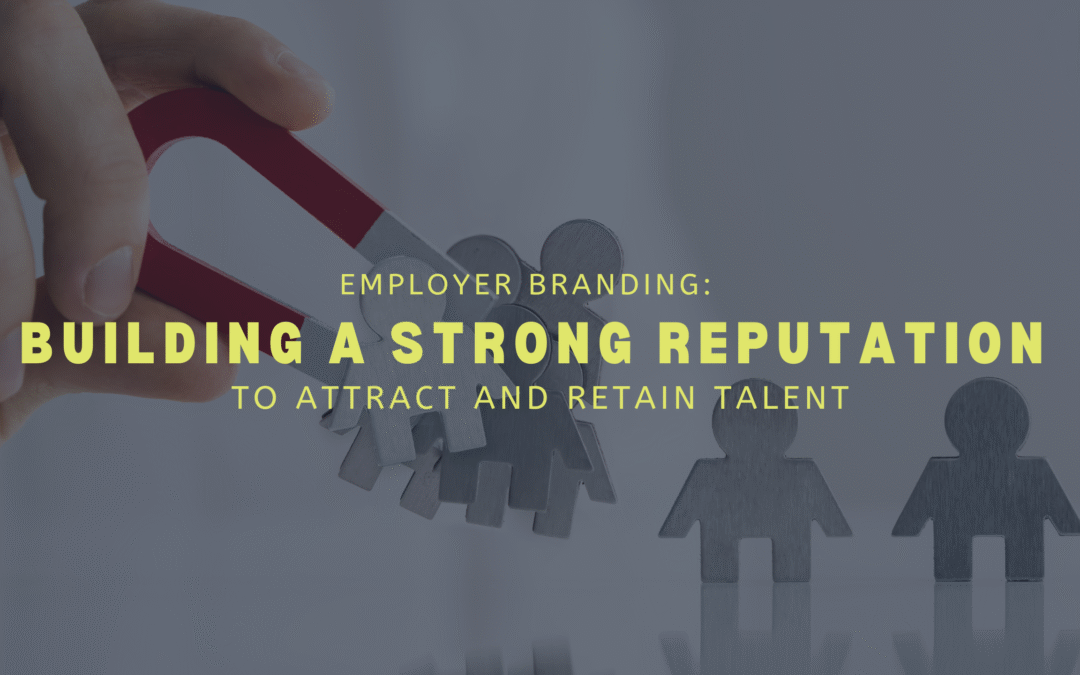In today’s competitive job market, organizations are no longer evaluated solely on their products or services. Talent acquisition and retention have become strategic priorities, and employer branding plays a decisive role in shaping how companies are perceived by current employees, potential candidates, and the public.
A strong employer brand not only attracts skilled professionals but also builds loyalty, reduces turnover, and enhances overall organizational performance.
What is Employer Branding?
Employer branding refers to the company’s reputation as an employer and the value proposition it offers to employees. It is the combination of culture, values, benefits, leadership, and communication that shapes how people view working for the organization.
It goes beyond recruitment marketing. While recruitment focuses on filling roles, employer branding is a long-term strategy to position the organization as a desirable workplace.
Key Components of Employer Branding
- Employee Value Proposition (EVP)
- A clear articulation of what employees gain from working with the company (compensation, career development, culture, flexibility, purpose).
- Workplace Culture
- Authentic culture—transparency, inclusion, and opportunities for growth—must align with what the company communicates externally.
- Communication and Storytelling
- Sharing employee stories, success cases, and workplace initiatives humanizes the brand.
- Candidate Experience
- From job postings to interviews, candidates should feel respected, informed, and valued.
- Employee Advocacy
- Employees are the best brand ambassadors. Encouraging them to share positive experiences enhances credibility.
Benefits of a Strong Employer Brand
- Attracts Top Talent: A well-positioned brand draws skilled candidates more efficiently.
- Reduces Recruitment Costs: Companies with strong employer brands spend less on advertising and talent acquisition.
- Improves Retention: Employees are more likely to stay in an organization they trust and feel proud of.
- Strengthens Corporate Reputation: A positive employer image reinforces the company’s overall reputation, even among consumers and investors.
Strategies to Strengthen Employer Branding
- Conduct Internal Research: Understand employee perceptions through surveys and focus groups.
- Define a Clear EVP: Align it with organizational goals and employee expectations.
- Leverage Digital Platforms: Use LinkedIn, Glassdoor, Instagram, and company websites to showcase culture and values.
- Invest in Employee Experience: Provide career development, flexibility, and wellness programs.
- Measure and Adjust: Track metrics such as candidate quality, employee engagement, and retention rates.
Challenges in Employer Branding
- Authenticity vs. Perception: Promoting an image that does not reflect reality damages credibility.
- Consistency Across Locations: Multinational companies must adapt their branding while maintaining core values.
- Adapting to Generational Expectations: Millennials and Gen Z prioritize purpose, flexibility, and inclusion more than previous generations.
Employer branding is no longer optional—it is a strategic imperative. Companies that effectively communicate their values, invest in employee experience, and promote authentic workplace culture will gain a competitive advantage in attracting and retaining top talent.
In a globalized workforce where talent has more choices than ever, a strong employer brand is a company’s most valuable asset.


